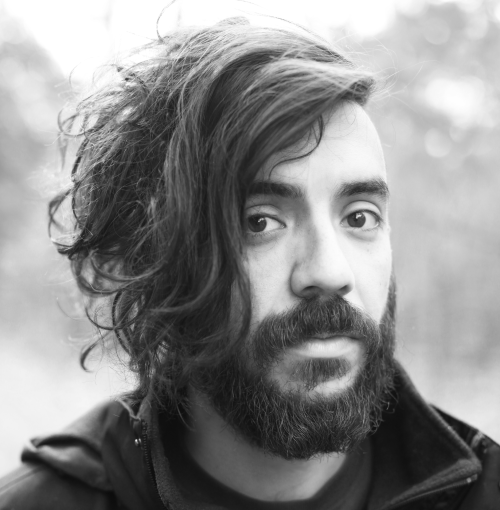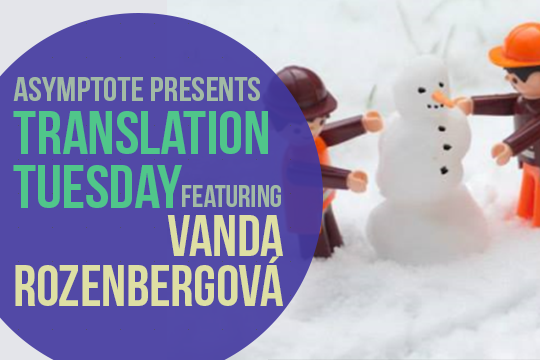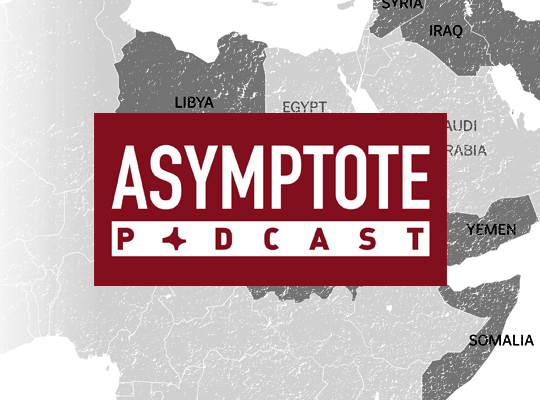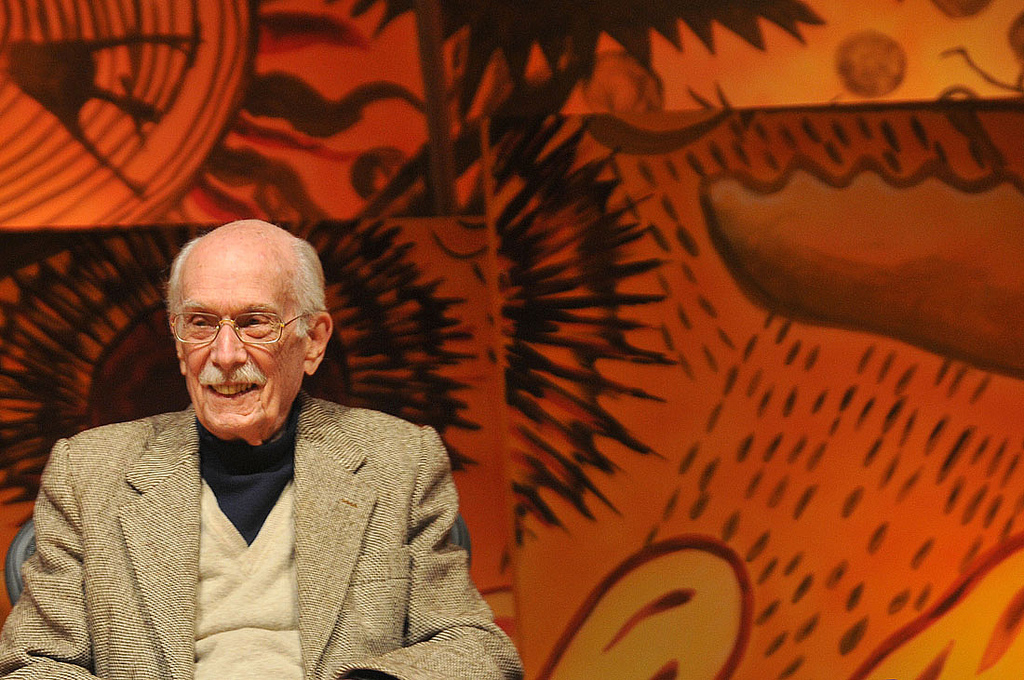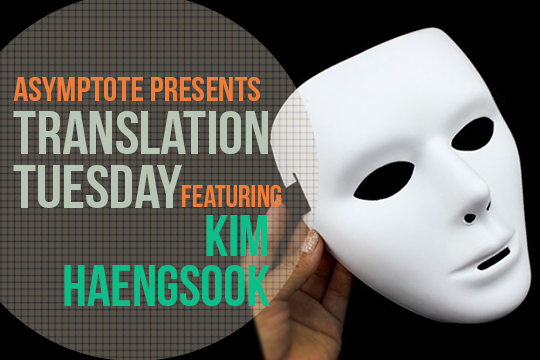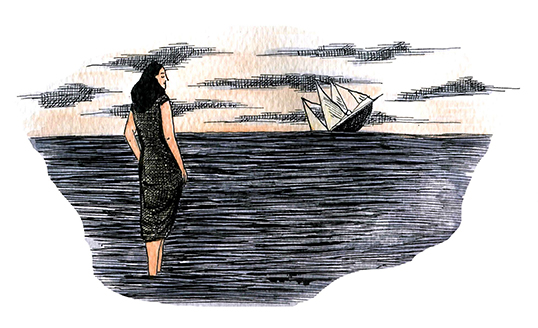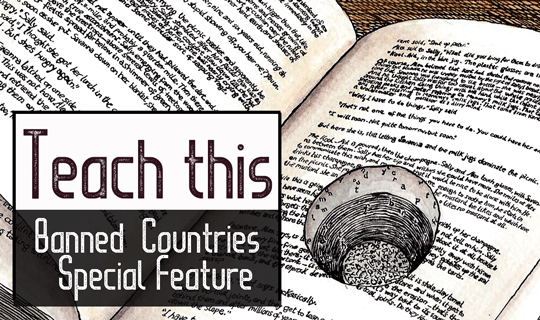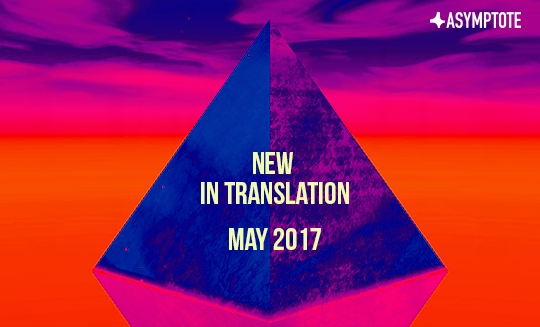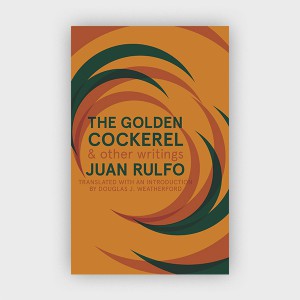This week we bring you news from Spain, Slovakia, and Brazil. We will begin our journey with Editor-at-Large Carmen Morawski who captures the excitement leading up to the Madrid Book Fair. We will land next in Slovakia where Editor-at-Large Julia Sherwood updates us about the buzz surrounding the country’s most prestigious literary prize, Anasoft Litera. We will finish our journey across the world in Brazil to read Maíra Mendes Galvão’s report of writers’ protests against the impeachment of Dilma Rousseff.
Carmen Morawski, Editor-at-Large from Spain, reports:
In its seventy-sixth year, the Madrid Book Fair (Feria del Libro de Madrid) has yet again marked the transition from spring to summer for Spanish book lovers. Taking place in the Buen Retiro Park in Madrid from May 26 to June 11, this year’s fair will open with a lecture by Eduardo Lourenco, the Portuguese essayist and philosopher, in the Pabellón Bankia de Actividades Culturales.
Although a detailed schedule for this year’s fair isn’t available yet, a glance through last year’s schedule should give Asymptote readers a flavor for the lectures, readings, and other events typical to the fair. Whether on the look out for children’s literature, YA or adult fiction, non-fiction reportage, essay collections, philosophy, specialty and minority literatures, visitors to the fair can browse a wide array of contemporary offerings from the Spanish publishing scene, take advantage of special discounts, and even meet a favorite author at one of the many book signing sessions. If you want to learn more about the history of the fair and are interested in sampling previous years’ fairs, you may enjoy this brief video of the 2014 fair.
Asymptote readers interested in more historical literary fare might prefer to visit the Spanish National Library’s (Biblioteca Nacional de España) special exhibition, Scripta: Tesoros manuscritos de la Universidad de Salamanca. Intended to commemorate the 800-year anniversary of Alfonso IX’s order to create ‘Schools in Salamanca,’ that in turn led to the founding of the first universities in Europe, the exhibition showcases 23 pieces spanning the history of the manuscript in Europe, from medieval Visigoth codexes belonging from the eleventh and twelfth centuries through the sixteenth century. The exhibition is on loan from the University of Salamanca and is divided into four main sections. It includes a section devoted to Humanism and the Vulgate languages, thereby acknowledging the prominent role of romance languages derived from Latin as vehicles for literature and scientific works. The exhibition runs from May 4 to June 4.



